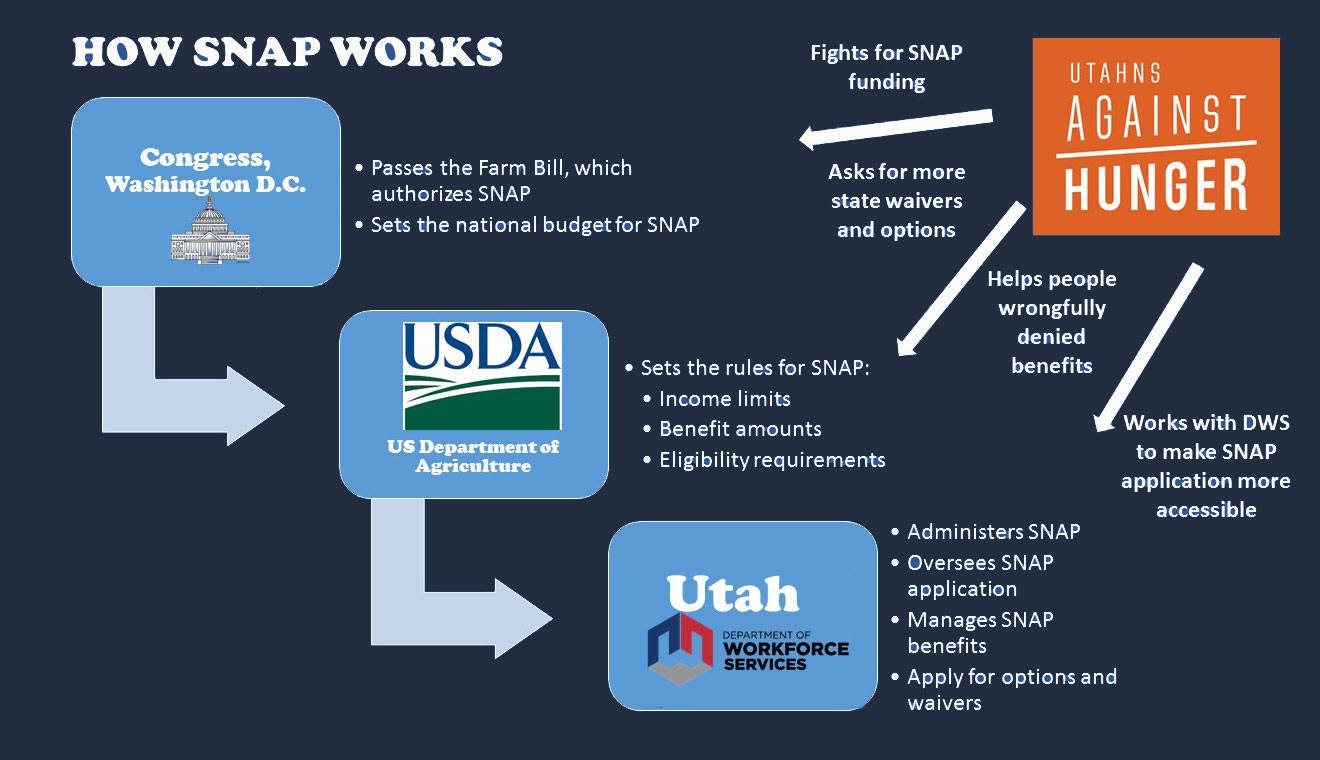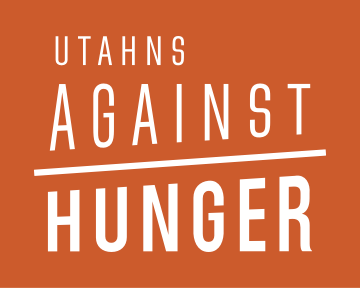What are Federal Nutrition Programs?
Federal Nutrition Programs are food assistance programs which help provide better access to food and promotes healthy eating. These programs include the Supplemental Nutrition Assistance Program (SNAP, formerly known as food stamps), the Special Supplemental Nutrition Program for Women, Infants, and Children (WIC), the School Breakfast Program, the National School Lunch Program, the Afterschool Meals Program, Summer Nutrition Programs, and the Child and Adult Care Food Program.
How do Federal Nutrition Programs work?
They are called federal programs because they are created and funded by acts of Congress in Washington D.C. and overseen by the U.S. Department of Agriculture’s (USDA) Food and Nutrition Services (FNS). The USDA sets the rules for the Federal Nutrition Programs, including eligibility requirements, income limits, and benefit amounts.
While these programs are created and overseen at the federal level, each state is responsible for administering the programs. This means they decide which agencies are in charge of the programs, how benefits are distributed, and they can personalize the programs by applying for waivers and options.
For example, in Utah we have a phone bank to do eligibility interviews, have online applications, and have a SNAP waiver for work requirements for the chronically homeless. SNAP is administered by the Department of Workforce Services, WIC is administered by the Department of Health, and child nutrition programs are administered by the Utah State Board of Education.
Sounds complicated?
It doesn’t have to be! That’s where we come in. Utahns Against Hunger is not in charge of any federal nutrition programs in Utah. However, we help promote the programs, answer people’s questions, help people access applications, and work to protect programs from budget cuts and other harmful policy changes.
If you have any questions about a Federal Nutrition Program, contact Utahns Against Hunger at 1-800-453-3663.

